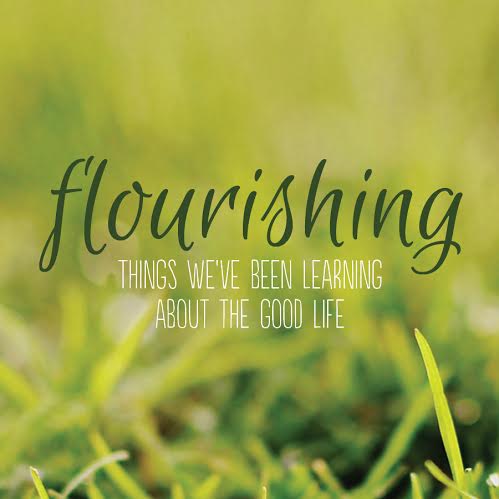Last week, as part of our Flourishing series, I preached on Moving from Financial Shame and Anxiety Toward Freedom. It was pretty well received, and I personally think it would be a rich use of forty minutes of your time. I heard a lot of appreciative comments, and almost a third of the adults in the room committed to a 90-day tithing challenge as well.
Tips #2 and #3 at the end were:
- Learn from the world’s best (and free) financial resources, and
- Make the hard choices today for a better tomorrow, and a better today.
I was encouraging people to break patterns of anxiety around our finances not just by giving more – as important as that is – but by also figuring out the disciplined moves we can make to bring our financial lives into greater order and health.
I’m no personal finance expert, but I promised to pass along a few resources that have helped me or been recommended to me by good friends or facebook acquaintance friends.
So, here they are.
First off, if you need any more reading on just how big of an issue this is in America, here’s the article from The Atlantic that I lead with. “My Secret Shame” is a pretty powerful and sobering look at Americans’ personal finances, through the lens of one man’s struggles.
Next, my favorite book I’ve read on the topic: All Your Worth, by Massachusetts Elizabeth Warren and her daughter, Amelia Warren Tyagi. Your local library likely has it. The Warrens commend a financial balance, where no more than 50% of your income pays for true “must-haves”, where you devote a full 20% to savings or paying down bad debt, and where you’re left with 30% of your income for “wants”, which would include everything from music lessons for your children to shopping for new clothes, to eating out, and more. They have a ton of other great advice, on everything from bringing these categories into alignment, to helpfully navigating money issues with your partner, to dealing with frustration and blame around your finances, to what to do when your case seems hopeless. I shift her proportions to account for giving as 10-20% of our family budget, but they get things started well.
Several Christian friends swear by the resources Dave Ramsey produces, particularly his seven baby steps, which they say have helped them and others get out of debt, stop getting into debt, and give generously while living well. I’ve never read his stuff, so I can’t comment either way.
Many friends have used the website Mint to help them understand where all their money is going, which helps them gain awareness and change their spending patterns. Others have used You Need a Budget, and the work of Mr. Money Moustache for these purposes – to rethink spending and money priorities.
A few other have learned a great deal about personal finances from Suze Orman or a book called The Richest Man in Babylon.
If you can afford it, others recommend an appointment with a fee-based financial advisor (one who makes no money by selling you products), being entirely truthful, and seeing what advice you get.
Whichever of these tools you use, may you move out of the fear and shame of financial bondage and into freedom!


